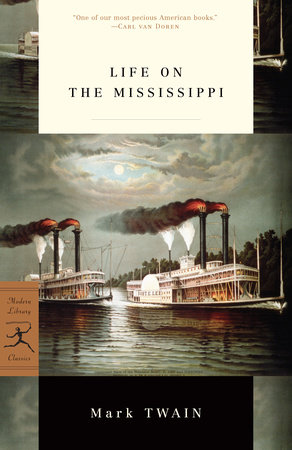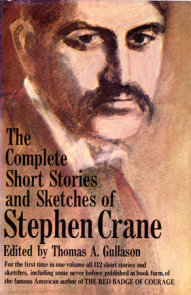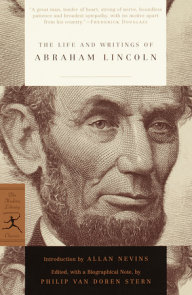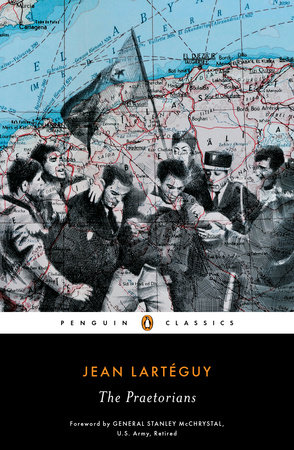

Add to Bookshelf
The Modern Library Civil War Bookshelf 5-Book Bundle
By Ulysses S. Grant, Harriet Beecher Stowe, Stephen Crane, Jefferson Davis and Abraham Lincoln
By Ulysses S. Grant, Harriet Beecher Stowe, Stephen Crane, Jefferson Davis and Abraham Lincoln
Best Seller

Ebook
Jun 11, 2012 | ISBN 9780812984491
-
Jun 11, 2012 | ISBN 9780812984491
YOU MAY ALSO LIKE

Life on the Mississippi
Paperback
$13.00

John Barleycorn
Paperback
$17.00

The Kill
Paperback
$18.00

The Civil War: A Narrative
Paperback
$32.00

The Pioneers
Ebook
$8.99

The Travels of Marco Polo
Hardcover
$32.00

The Reformation
Paperback
$26.00

The Three Musketeers
Paperback
$7.95

The Aeneid of Virgil
Paperback
$5.95
×
Become a Member
Just for joining you’ll get personalized recommendations on your dashboard daily and features only for members.
Find Out More Join Now Sign In
















